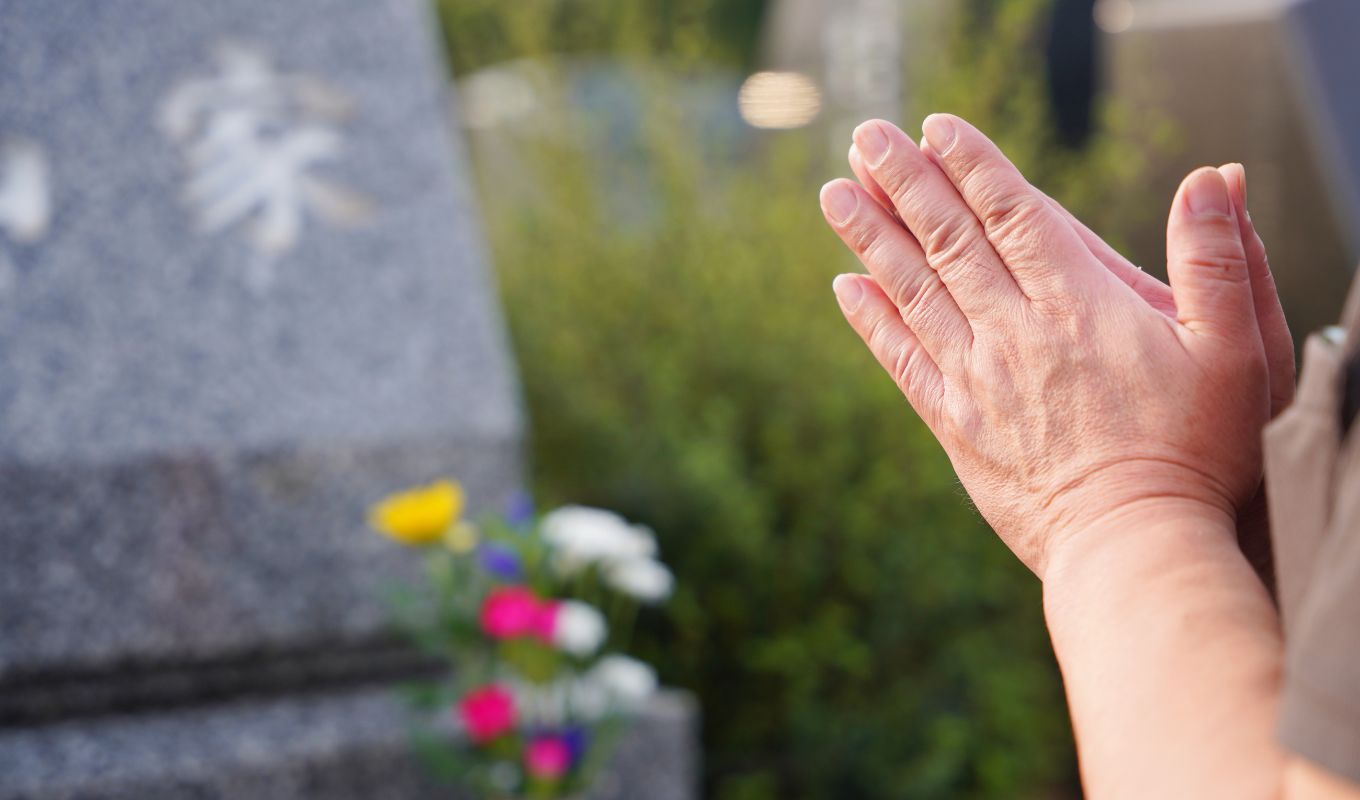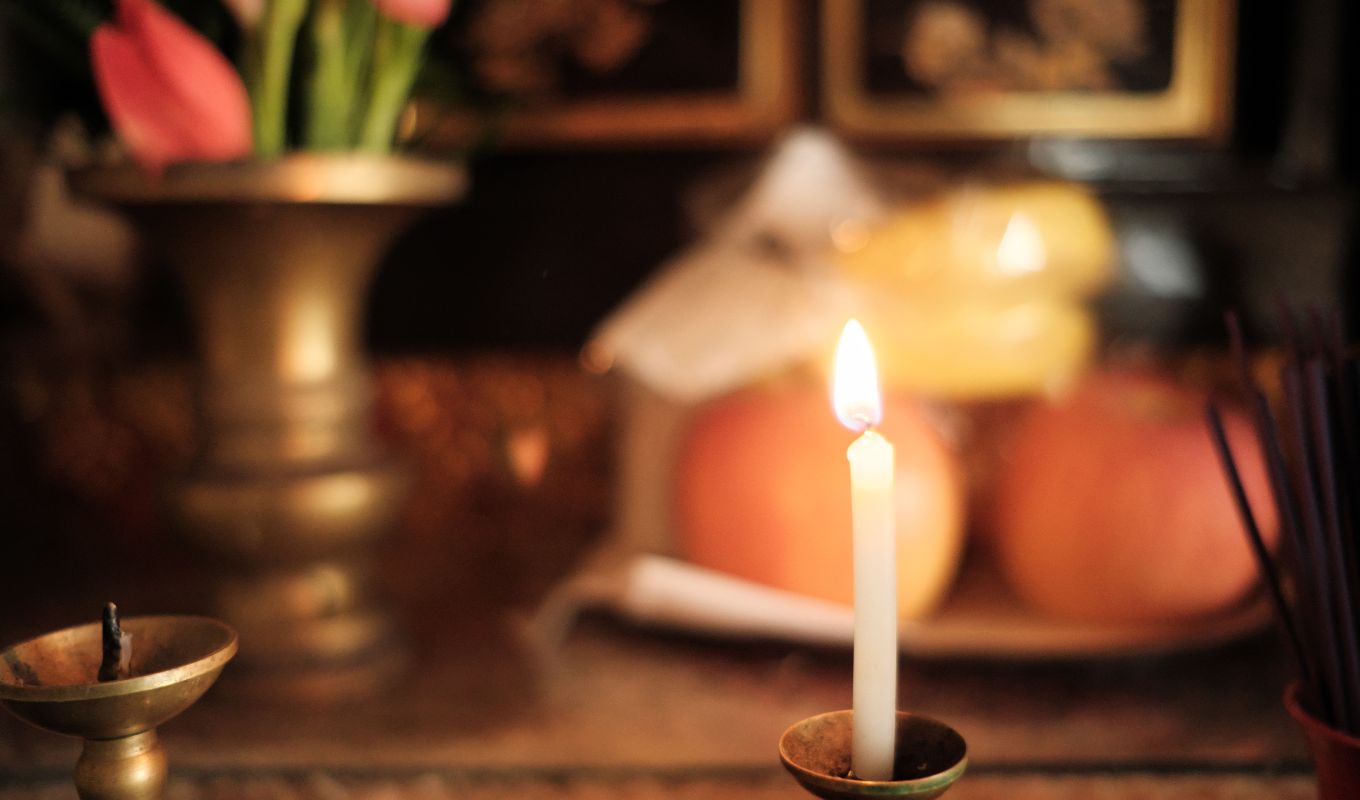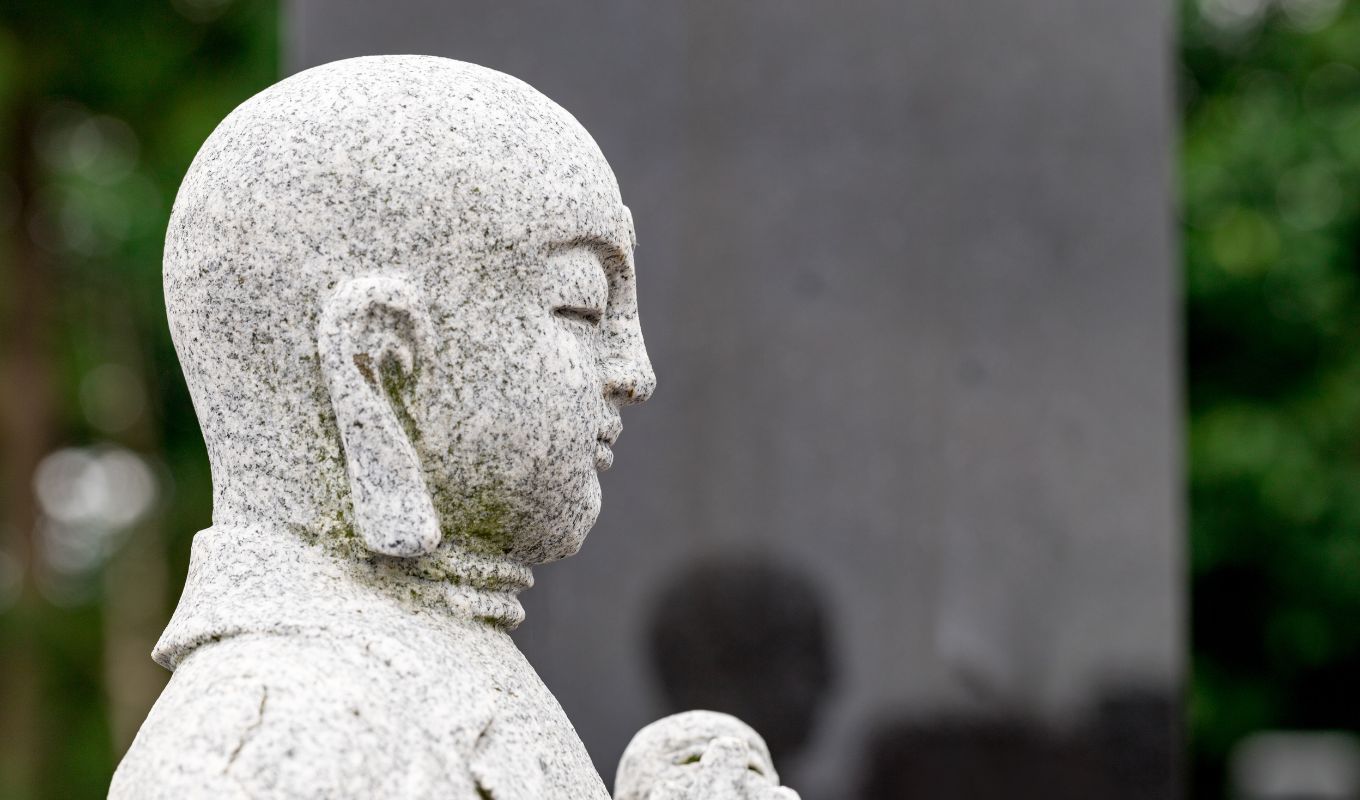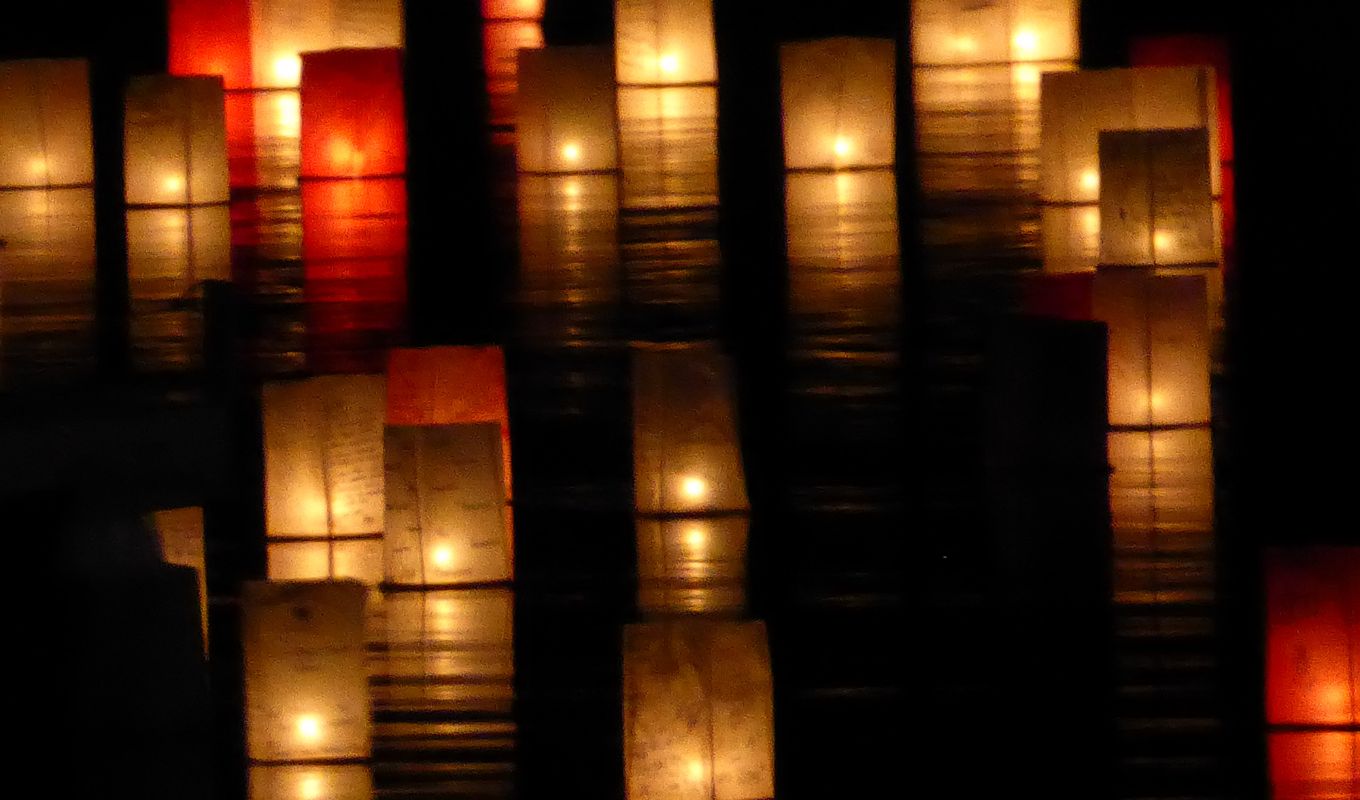“Obon” (pronounced oh-bone) is a very special time of year in Japan and consists most notably of some very special festivals. Also known simply as “Bon”, this holiday is based around a Buddhist custom honoring loved ones and family members who have already passed away.
The Importance Of Ancestral Lineage

The spirits of one’s ancestral lineage are a very important subject honored in many traditional Japanese Buddhist customs and Obon is likely the most important of annually celebrated customs. It consists of a combination of ritualistically utilitarian activities such as cleaning the ancestral graves, and also more lighthearted festivities such as dancing.
The Return Of The Spirits During Obon

The spirits of Japan’s deceased are literally conceptualized to be visiting the Earth during the summer week of Obon and it is the only time of year such an event is commonly believed to occur. The belief is as though a really massive family reunion of all the spirits of Japanese history come to visit their more corporeal counterparts and have a party to celebrate the occasion.
Obon is one of many aspects of Japanese culture in which familial relationships are actively continued beyond funeral ceremonies. In most traditional Japanese homes there is a special place with a small shrine dedicated to honoring and communicating with loved ones and relatives who have already departed from this world. Offerings of incense, candles, food, drink, and more are usually made daily or weekly as a gesture of love and gratitude.
During Obon, the spirits of the ancestors are believed to visit these altars and essentially come home for the holidays. While such traditions may sound silly to a skeptic, the solemn dignity and respect for loved ones that this kind of ritual imbues is evidence of its social and psychological effectiveness regardless of it being a scientifically provable system of belief.
The Origins Of Obon Festivals In Japan

Obon has been celebrated in Japan for more than 500 years to date and the legendary Bon dance, featured in various Hollywood movies and known in Japanese as “Bon Odori”, originates from a legend involving a Buddhist disciple named Mokuren.
Mokuren was believed to have used the supernatural meditative ability to look for the spirit of his departed mother. As the story goes, he found her in a less than happy state and so he went to the Buddha for advice as to how best to liberate her from her situation.
It is written that Buddha instructed Mokuren to make offerings to the numerous Buddhist monks who had recently completed their summer meditation retreats. The offerings were to be made on day fifteen of the seventh month.
After doing as the Buddha had advised, Mokuren happily saw his mother’s release and also began to see more of her true nature. He is said to have realized how she had been so unselfish with her love for him and how many sacrifices she had made for him.
As a result, he danced with joy and happiness in ecstatic bliss and gratitude for his mother’s release and also for her kindness. It is from this dance that the Bon dance finds its inspiration. It is a celebration in which the spi犀利士
rits loved ones and family members are honored for their love and also for the sacrifices they have made.
Obon Festival Rituals

In some parts of Japan, the Obon festival may end with a ritual that involves the floating of paper lanterns down a river. It is symbolic of the return of the ancestral spirits to the spirit world and can be a truly beautiful event. It may even include a gorgeous fireworks display, which is always a festive occasion worthy of celebration in Japan.